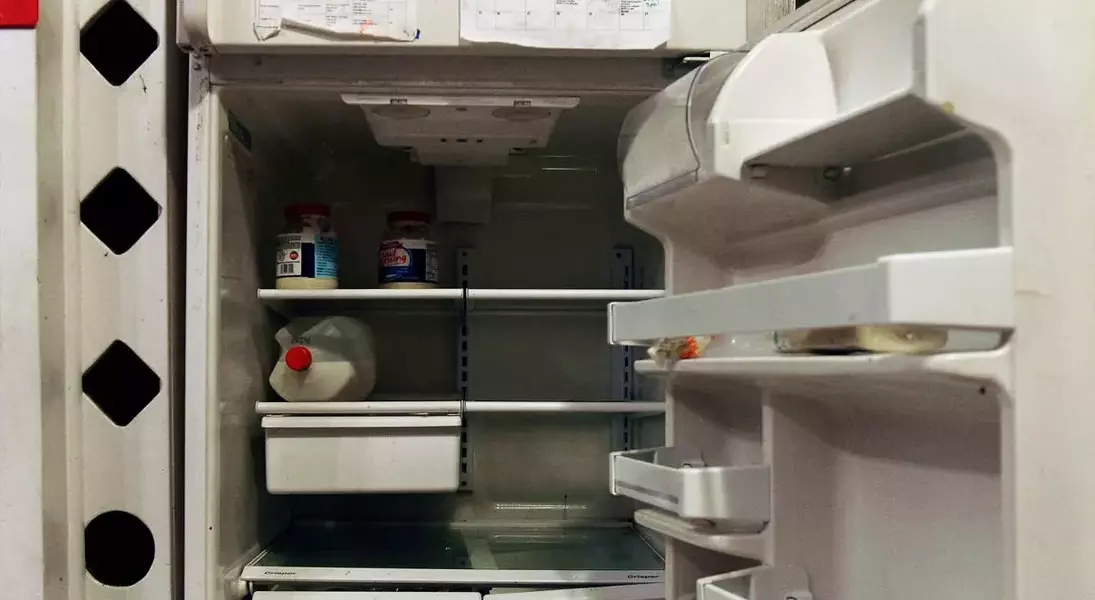
In a significant policy move, the United States Department of Agriculture (USDA) has approved waivers for Arkansas, Idaho, and Utah to impose dietary restrictions on Supplemental Nutrition Assistance Program (SNAP) purchases. These measures exclude items such as candy, soda, and other high-sugar or low-nutrition products from what recipients can buy with their benefits. The USDA links these state-specific waivers to President Trump’s broader health initiative. While praised by some governors for promoting healthier choices, critics question whether restricting grocery options truly leads to better nutrition outcomes. Moreover, retailers face logistical challenges in adapting to varying state regulations.
Restrictive SNAP Waivers Take Shape Across Several States
In an effort to promote healthier eating habits, three states—Arkansas, Idaho, and Utah—have secured approval from the USDA to implement stricter guidelines for SNAP beneficiaries. Among them, Arkansas stands out with its highly stringent rules starting July 1, 2026. Under this waiver, items like candy, soda, low-calorie beverages, fruit juices containing less than 50% real juice, and unspecified unhealthy drinks will no longer qualify for purchase using SNAP funds. Meanwhile, Idaho and Utah plan to prohibit soda and soft drinks beginning January 1, 2026, with Idaho further banning candy.
This development aligns with similar initiatives already enacted in Indiana, Iowa, and Nebraska. Other states, including Colorado, Kansas, Louisiana, Montana, Tennessee, Texas, and West Virginia, are reportedly exploring or have requested their own waivers. Proponents argue that these measures aim to combat chronic diseases linked to poor diets, while skeptics highlight that previous studies found little difference between the food choices of SNAP participants and non-participants.
Retailers express concerns about managing complex compliance requirements arising from diverse state-by-state policies. For instance, implementing new evaluation systems for incoming products and updating point-of-sale software may result in delays, increased costs, and customer confusion.
Additionally, the predominantly Republican-led nature of these requests raises questions about underlying political motivations. Critics emphasize that reshaping SNAP policies should consider systemic support rather than solely focusing on purchasing restrictions.
As the debate unfolds, stakeholders grapple with balancing public health goals and practical implementation challenges.
From a journalist's perspective, this controversy underscores the importance of reevaluating how social programs address nutritional needs. While restricting access to certain foods might seem straightforward, it highlights deeper issues surrounding equity, accessibility, and effective policymaking. Ultimately, fostering healthier communities requires comprehensive strategies that empower individuals without undermining their autonomy or dignity.
